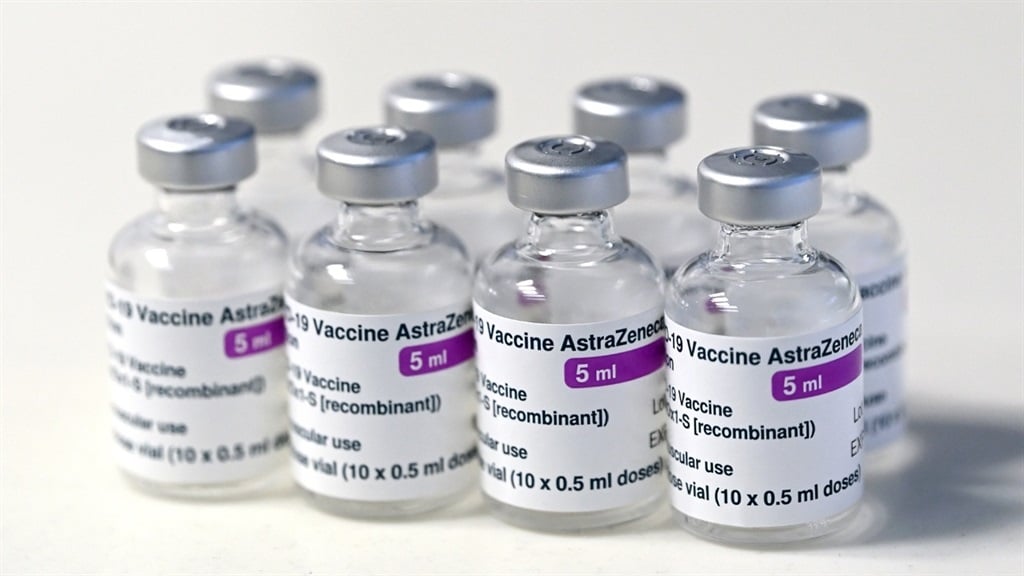
- Those countries opposing the Covid-19 vaccine patent waiver are responsible for the majority of administered vaccines, while 130 other countries still haven't received a single dose, SA has claimed
- Mustaqeem de Gama, trade counsellor at the South African mission in Geneva, said the Trade-Related Aspects of Intellectual Property Rights waiver would offer a "global solution" to this.
- De Gama accused World Trade Organisation members opposing the waiver of being "under pressure from their pharmaceutical industry"
Countries opposing the vaccine patent waiver at the World Trade Organisation are responsible for 60% of the globally administered Covid-19 vaccines, while 130 countries have not received a single dose, South Africa argued at the formal TRIPS Council meeting on Tuesday.
Ten countries have so far administered 75% of all Covid-19 vaccines, despite a warning from the World Health Organisation’s chief Tedros Ghebreyesus that the longer it would take to suppress the virus, the more time it would have to mutate.
Mustaqeem de Gama, trade counsellor at the South African mission in Geneva argued that the TRIPS (Trade-Related Aspects of Intellectual Property Rights) waiver, a proposal it co-sponsored with India, would offer a "global solution" to this issue.
He said the WTO members opposing the waiver proposal were engaging in a "business as usual" approach amidst a world crisis that is the worst since World War II without attempting to address intellectual property monopolies and scale up production of vaccines to bring the crisis to an end.
Countries that have continued withholding their support for the proposal, initiated by India and South Africa, include the European Union, the United Kingdom, the United States, Japan, Switzerland and Australia.
De Gama accused WTO members opposing the waiver of being "under pressure from their pharmaceutical industry" and of having, for more than two decades, "been known to dissuade developing countries from incorporating TRIPS flexibilities in their national law and using such flexibilities to promote access, and yet now insistently assert that such sufficient flexibilities exist" despite concrete arguments against this.
South Africa said the approach of the opposing countries has "limited competition and is artificially constraining global supply".
At the current vaccination rate, it would take an estimated 4.8 years to cover 75% of the (world) population with a two-dose vaccine, in the optimistic scenario, South Africa argued.
Eswatini, Kenya, Mozambique, Pakistan, Mongolia, Venezuela, Bolivia and Egypt have since joined as co-sponsors of this proposal.
The African Union also threw thrown its weight behind this proposal at its summit earlier this month. Advocacy group Doctors Without Borders (MSF) has welcomed this, saying it would allow countries to choose not to apply or enforce certain types of intellectual property on Covid-19 medical tools during the pandemic.
It’s also being supported by the World Health Organisation, the United Nations Programme on HIV/AIDS (UNAIDS), Unitaid and the Drugs for Neglected Diseases initiative.
Candice Sehoma, Access Campaign Advocacy Officer for MSF South Africa said: "By politically endorsing this landmark proposal, the African Union is giving a crucial boost of support from the continent for waiving intellectual property during the Covid-19 pandemic."
She said: "Ensuring access to equitable and affordable medical tools needed to respond to this pandemic can no longer simply be left to corporations who continue to follow the business-as-usual approach of profit maximization."